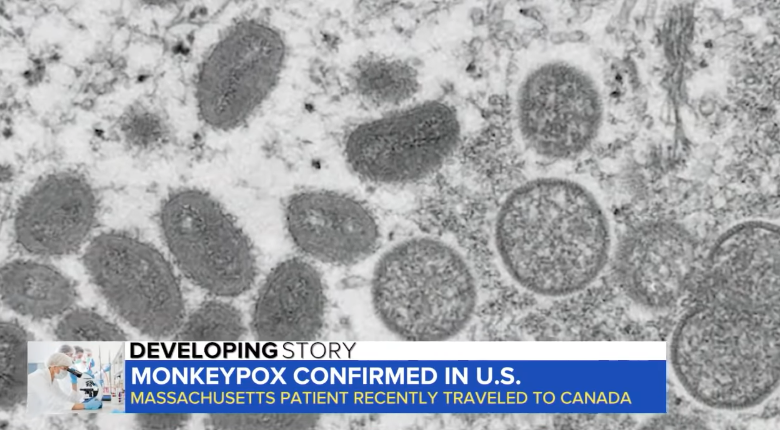We are still wrestling with the COVID monster that took America by storm in early 2020, and now there is a rare monkeypox (MPX) outbreak in the U.K., Europe, and the U.S.
Monkeypox causes fever, body aches, enlarged lymph nodes, and eventually “pox,” or painful, fluid-filled blisters on the face, hands, and feet.
Cases typically resolve in two to four weeks.
There is a version of monkeypox that kills up to 10% of people infected, but the version found in England is milder.
Its fatality rate is less than 1%.
Right now the outbreak is small, with 68 suspected cases, including eight in England, 20 in Portugal, and cases in Canada and the U.S.
The U.K. Health Security Agency (UKHSA) released a statement on Monday (May 16) expressing concerns about not knowing the origin of the virus.
This (outbreak) is rare and unusual.
Exactly where and how they (the people) acquired their infections remains under urgent investigation.
They are also concerned that the virus may spread through the community undetected and possibly through a new transmission route.
The virus is normally transmitted when a person comes into contact with the virus from an animal, human, or materials contaminated with the virus.
The virus enters the body through broken skin (even if not visible), respiratory tract, or the mucous membrane (eyes, nose, or mouth).
Monkeypox is typically caught from animals in West Africa or central Africa and carriers import the virus to other countries.
According to the U.K. health agency, person-to-person transmission isn’t common, it requires close contact with bodily fluids, like saliva from coughing or pus from the lesions.
So the risk to the general population is low.
Data reported by the UKHSA Tuesday (May 17) suggest the virus is spreading undetected in the community because 7 of the 8 cases in England didn’t travel to Africa, and they had no interaction with the one case that did travel to Nigeria.
A U.S. patient in Massachusetts did not travel to Africa either but did visit Canada.
Watch the ABC News report below:
Epidemiologist Mateo Prochazka at the UKHSA tweeted there’s evidence the virus could be spreading from sexual contact and close contact in general.
Epidemiologist Susan Hopkins said in the UKHSA statement:
We are particularly urging men who are gay and bisexual to be aware of any unusual rashes or lesions and to contact a sexual health service without delay.
Scientist at the U.S. Centers for Disease Control and Prevention (CDC) are keeping a close eye on the MPX outbreak in Europe.
According to the U.S. Food and Drug Administration (FDA) the first vaccine for monkeypox, which also protects against smallpox, was approved in 2019.
This vaccine is also part of the Strategic National Stockpile (SNS), the nation’s largest supply of potentially life-saving pharmaceuticals and medical supplies for use in a public health emergency that is severe enough to cause local supplies to be depleted.
ICCers, please stay safe and prayed up against these viruses that are trying to take us out.
Source: NPR












